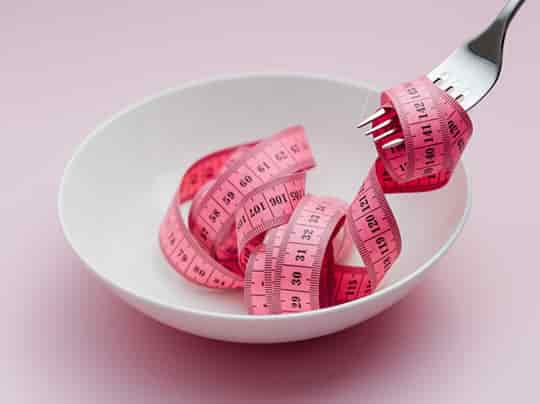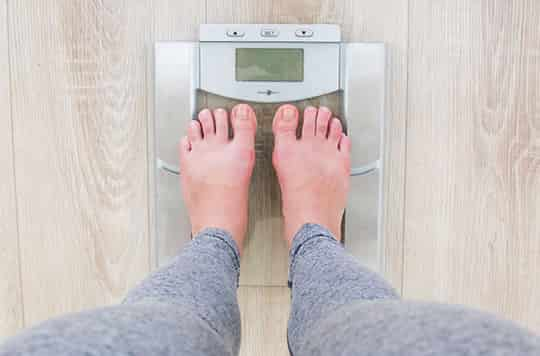This change boosts energy and reduces appetite.
Sleeping for longer is linked to weight loss.
People who get more sleep have a lower body mass index (BMI), new research finds.
However, many people do not get the recommended amount, which is around 7 – 9 hours of sleep a night.
New research found that in a large US sample, the average was six hours, meaning many people sleep considerably less than the recommended amount.
Lack of sleep is thought to contribute to obesity by disrupting appetite and leaving less energy for exercise.
Ms Trimella Jefferson, the study’s first author, said:
“The good news is sleep is something most people can control, regardless of other factors, like income and education levels.
Spreading that information can be very empowering, especially to communities that struggle with obesity.”
To sleep better, psychologists recommend increasing ‘sleep hygiene’:
- Go to bed early enough to get at least seven hours of sleep.
- Avoid screens in the bedroom, including phones and TVs.
- Keep the bedroom dark and cool.
- Avoid large meals and alcohol before bedtime.
- Drink relatively little fluid before bedtime.
→ More information on how to fall asleep fast.
The conclusions come from a study including 3,778 overweight and obese African Americans.
All were being followed as part of the Jackson Heart Study, a large, long-term study of risk factors for heart disease among African Americans.
The study’s authors write:
“This study’s findings highlight the high rate of overweight and obesity among participants in the Jackson Heart Study.
About one-fourth of the participants described themselves as enjoying ideal health.
In men, longer sleep duration was associated with lower BMI levels and lower WC; in both men and women, good sleep quality was associated with lower WC.”
The study was published in The Journal of the American Osteopathic Association (Jefferson et al., 2019).










